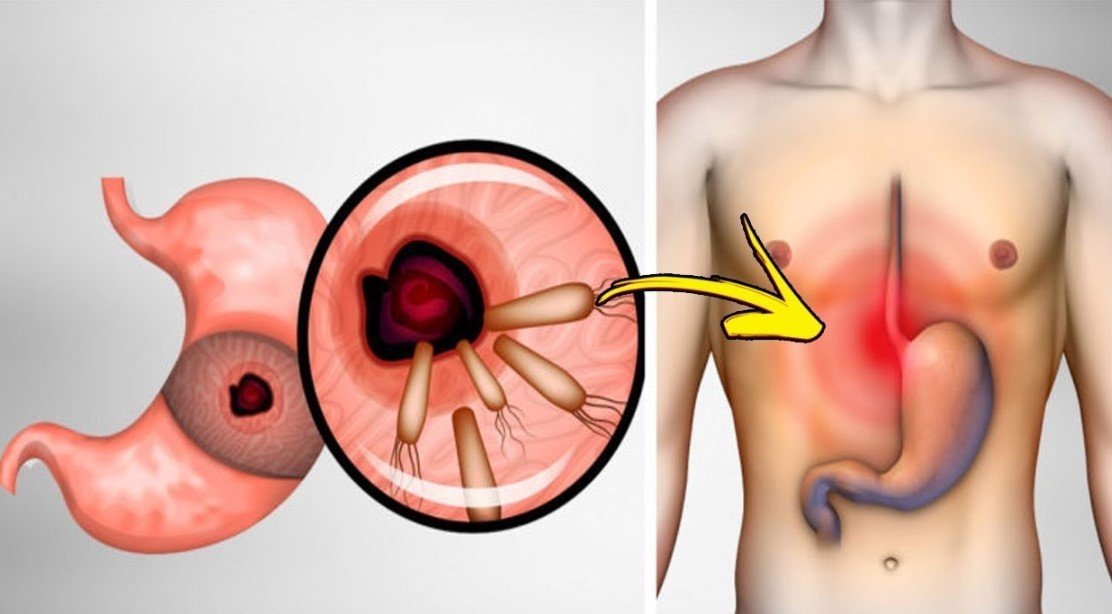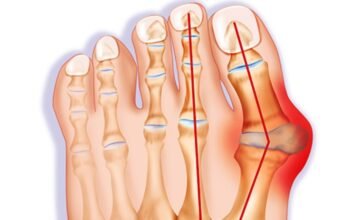Digestive issues like heartburn and bloating can significantly impact your quality of life, often stemming from underlying bacterial problems that many people don’t fully understand. While these symptoms might seem like mere inconveniences, they can be indicators of more complex digestive health challenges.
Understanding Heartburn and Bloating: The Bacterial Connection
Heartburn and bloating are not just random occurrences but often result from specific bacterial imbalances in the digestive system. Small Intestine Bacterial Overgrowth (SIBO) and Gastroesophageal Reflux Disease (GERD) are two primary conditions that highlight the intricate relationship between gut bacteria and digestive discomfort.
Research indicates that approximately 10-15% of population experiences chronic digestive issues, with bacterial overgrowth playing a significant role. These bacterial imbalances can lead to:
- Excessive gas production
- Inflammation in the digestive tract
- Impaired nutrient absorption
- Increased sensitivity to certain foods
Diagnostic Methods: Identifying the Bacterial Culprits
Accurately diagnosing the root cause of heartburn and bloating requires specialized testing. Healthcare professionals typically employ several diagnostic techniques:
- Lactulose Breath Test: This non-invasive test measures hydrogen and methane levels to detect bacterial overgrowth
- Gastroscopy: A comprehensive visual examination of the digestive tract
- Esophageal pH Monitoring: Measures acid levels and reflux episodes
Studies show that these diagnostic methods have accuracy rates ranging from 70-85%, providing valuable insights into an individual’s digestive health.
Treatment and Management Strategies
Managing bacterial-induced heartburn and bloating requires a multifaceted approach that combines medical intervention, dietary modifications, and lifestyle changes.
Medical Treatments
- Antibiotics to reduce bacterial overgrowth
- Proton pump inhibitors (PPIs) to manage acid reflux
- Probiotics to restore healthy gut microbiome balance
Dietary Recommendations
Diet plays a crucial role in managing digestive issues. Consider these guidelines:
- Reduce intake of fermentable carbohydrates
- Incorporate probiotic-rich foods
- Stay hydrated
- Eat smaller, more frequent meals
Lifestyle Modifications
Stress and lifestyle factors significantly impact digestive health. Recommended changes include:
- Regular exercise
- Stress management techniques
- Avoiding late-night eating
- Maintaining a consistent sleep schedule
Preventive Measures for Long-Term Digestive Health
Prevention is always better than cure. Maintaining a healthy gut microbiome involves:
- Regular health check-ups
- Balanced diet rich in whole foods
- Limiting processed and inflammatory foods
- Managing stress effectively
When to Seek Professional Help
While occasional digestive discomfort is normal, persistent symptoms warrant professional medical attention. Consult a healthcare provider if you experience:
- Chronic heartburn lasting more than two weeks
- Persistent bloating
- Unexplained weight loss
- Difficulty swallowing
By understanding the bacterial connections to heartburn and bloating, implementing targeted strategies, and maintaining a holistic approach to digestive health, you can significantly improve your overall well-being and quality of life.






